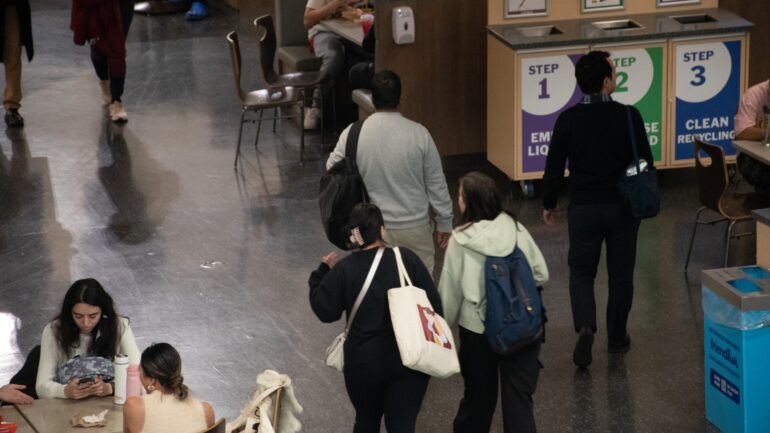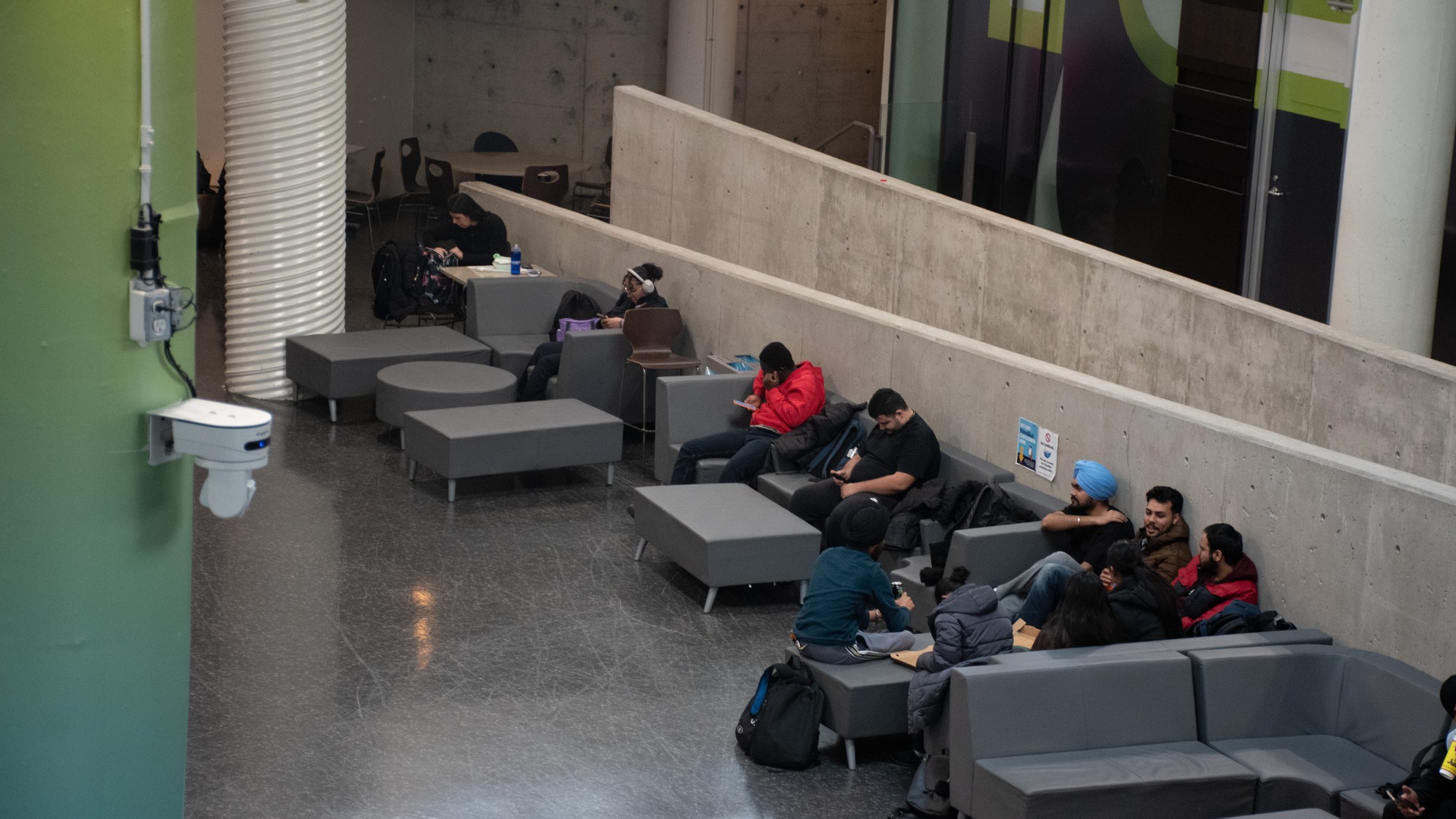By- Abhisha Nanda, Krishna Bhagnathsingh
Geetika Gupta spends more than $1,000 a month just for basic necessities.
“I pay $550 for my rent, $200 for my groceries and $200 for my transportation and $100-200 on miscellaneous expenses,” Gupta said, a Paralegal Studies student at Humber College, and an Amazon fulfillment worker.
“I earn around $2,200 to 2,300 per month,” Gupta said. But she’s bracing that the cost of her education is soon going to jump.
But with Ontario’s advisory committee on colleges and universities recommending a five per cent tuition hike, Gupta’s budget is going to get even tighter.
A report by the Ontario Living Wage Network said that people need to make a minimum of $25 per hour to be able to earn a living wage in the Greater Toronto Area.
There is also a difference in the spending and savings for men and women. This is mainly because of choices and preferences but there are some basic differences too.
“It is mainly because we consider different things as important and for girls other things are necessary,” said Aryan Pandey, a Paralegal Studies student at Humber College.
Pandey will enter his final semester this winter.

A photo of a group of students walking together. Students as well as others are affected by the recent announcement of the rise in the living cost. Some students may not have employment to help pay for their needs and some may be generally struggling. Photo credit: Krishna Bhagnathsingh
“I cook my own meal as I do not like the taste of the food in the tiffin service,” Gupta said.
“Cooking food on my own is much more cost-efficient than tiffin service,” Gupta said when asked if cooking for herself or tiffin service is more expensive.
“That is one more reason why I prefer to cook the food on my own as compared to tiffin service,” she said.
Gupta was asked if there is a difference in expenses between men and women.
“Yes, there is definitely a difference as we girls tend to spend more on skin care items as compared to boys,” she said.
According to data from Samir Mechel, the vice-president finance and operations at the University of Toronto, their financial aid program saw 436 applications, and 181 were accepted.
Mechel said more than this number were deserving but they did not have the budget for the semester to fulfill them.
The average amount distributed was $445 per successful applicant, and the budget was $80,000. They are looking to approximately double the budget next semester.
Aidan Thompson, the vice-president of public and university affairs at the University of Toronto, spoke about how the cost of living impacts student life at the institution.
“When we look at housing in particular, this tends to be the number one cause for students, at least for domestic students who are paying roughly $8,000 in tuition per year,” Thompson said.
“Compare that to international tuition which are around $16,000, but for domestic students, when you compare the tuition cost, eight thousand dollars a year again, to rent, which tends to range in the $20 thousand to $30 thousand dollar per year range,” he said.
“That really is the number one [cost] that students are facing,” Thompson said.
He said about 33 per cent of students that are commuters live in off-campus housing and roughly eight per cent [of students] live off the campus alone.
“So when you combine that, you end up with about 40 per cent of our students who live in off campus market housing, paying that type of expense,” Thompson said.
“Of those students, we find that roughly 25 per cent of them feel as though they are at high risk of a collection of housing-related concerns, with the primary one being inability to pay rent,” he said.
Thompson said about 33 per cent of the students feel that is the number one threat to their current housing situation.
“In general, we try to meet many of these demands as possible,” he said.
Thompson said they have increased the number of services and our availability services in response to the affordability crisis.
“Notably, we have expanded our food bank offerings, so that’s one thing that we try to do to address the food piece,” he said.
Thompson said they have “amped up their legal services, in response to a slate of issues surrounding land or tenant disputes, roommate disputes.
“Everything is worse when you can’t afford to live anywhere,” he said. “We do provide free legal services for students seeking support on matter of housing but also [employment] issues,”
Thompson said these services are offered by the University of Toronto Student Union (UTSU).
“The university tends not to respond to these types of situations,” he said.
“Some universities in Canada, particularly in Quebec, have taken that as a call to action to start building and get back into the business of building student residences,” Thompson said.
Thompson said the university has acknowledged that this is the solution in conversations that they’ve had with them.
“When we had the pandemic in 2020, it was the student union that stepped up to meet that crisis from the affordability perspective,” Thompson said.
He said that right now, they are seeing a record number of students feeling as though they are not going to be able to pay their rent next month.
“Students are demanding and we’re seeing this our data that they want more student housing on campus and more affordable housing on campus,” he said.
Thompson said the university is not really stepping up to the plate and tackling the affordability crisis, but he said that’s where the student union really steps up.
“Typically people who are experiencing financial burden, if they are spending two hours, three hours every week just figuring out how they’re going to make ends meet,” he said, speaking about how this issue intersects with the mental health of students. “They’re going to have a lot more on their mind and they’re going to have less energy to focus on handling interpersonal issues or figuring out if they should drop a course or focusing on their next assignment,”
Thompson said they see underlying concerns for students.
“Putting somebody in that type of high-stress environment, particularly if they have underlying factors, if they are dealing with uncertainty in their living situations, related to food, related to anything else, you’re going to see people really struggle.” he said.

